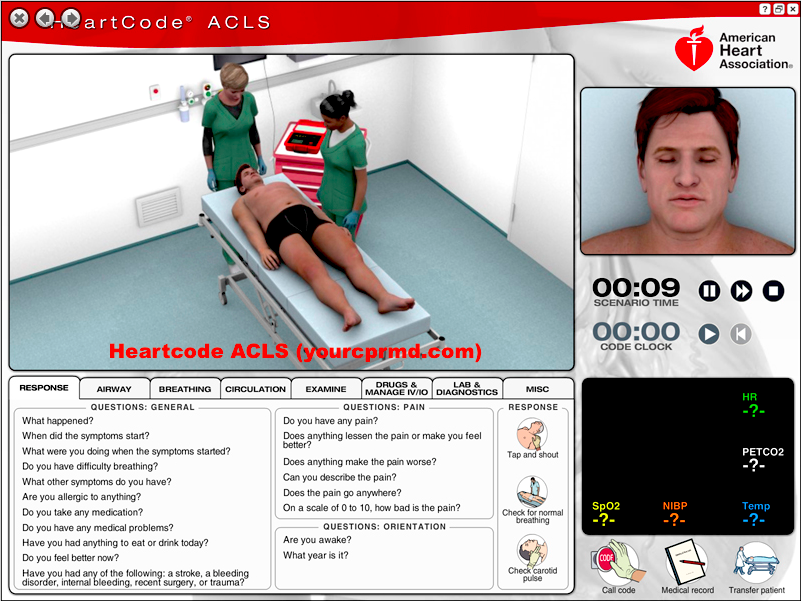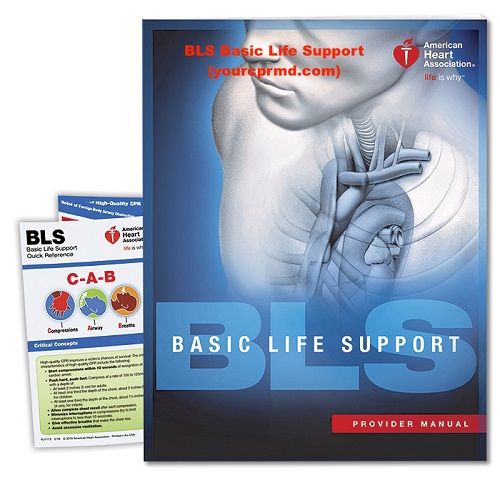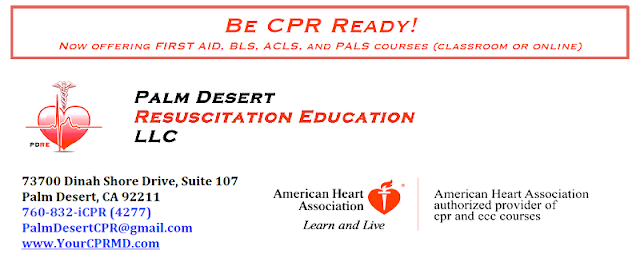Important Facts and Reasons to Get PALS Certification in Joshua Tree CA
PALS is the abbreviated form of the Pediatric Advanced Life Support program designed for healthcare service providers and other individuals willing to manage critically ill kids. According to the instructors providing CPR AED Joshua Tree CA, PALS is an online and self-paced type of instructional program and it imparts knowledge and skills required for recognizing and preventing the problem of cardiopulmonary arrest in children and infants.
Once individuals complete their certification, they can apply BLS skills combined with training in a systematic approach to treatment algorithms, pediatric assessments, and high-performance teams to bring improvement in the quality of healthcare offered to severely ill kids.
Entrance Requirements and Written Examination
In most of cases, candidates may apply for PALS certification after BLS Certification Joshua Tree CA. However, if you have not done basic life support training do not worry at all. Instead, you have to complete the pre-course self-assessment of PALS to enter the program. On doing this, instructors will present you with 12 cases related to in-hospital patients and a lesion on team dynamics. Based on your ability, instructors may repeat the cases multiple times.
After you complete each of the in-hospital cases, you have to pass the written PALS examination with a minimum 84percent score. Later, you have to attend various hands-on sessions needed to complete your course.
Once you complete the cognitive part of your PALS type of First Aid Certification Joshua Tree CA, you have to test and practice the acquired skills under the guidance of an AHA instructor. Alternatively, you may practice with the help of a VAM i.e. voice-assisted manikin system. On completing the aforementioned skills and cognitive tests successfully, you will get a course completion card or a certification.
Features of the PALS Certification
- To reflect the concept of science associated with latest updates for ECC i.e. Emergency Cardiovascular Care and CPR
- Team dynamics and high quality of CPR by organizing special CPR Classes Joshua Tree CA and other Californian cities
- Hands-on class formats to integrate both PALS and BLS interventions
- Real-world scenarios of incidents related to sudden cardiac arrest in kids
Contents Included in the PALS Certification
- High quality of CPR with the help of basic life support
- Pediatric systematic types of approaches
- Early interventions, shock emergencies, and respiratory emergencies
- Arrhythmias and cardiopulmonary arrest
- Multi-rescuer resuscitation and
- Management after the sudden cardiac arrest

Strong Reasons to Get PALS Certifications
- Scope to Enhance Your Skills
PALS and any other related CPR and Basic Life Support Joshua Tree CA helps you to enhance your existing skills dealing with sudden cardiac arrest problems in children. In other words, the training makes you fully prepared to deal with emergencies.
- Eliminates the Need to Wait for Medical Personnel
If you give a call to your nearby hospital for an ambulance at your first distress sign, it needs several minutes for the ambulance to visit at your location. On the other side, if you have a background in PALS training, you may provide the required medical care until and unless of the arrival of an ambulance.


